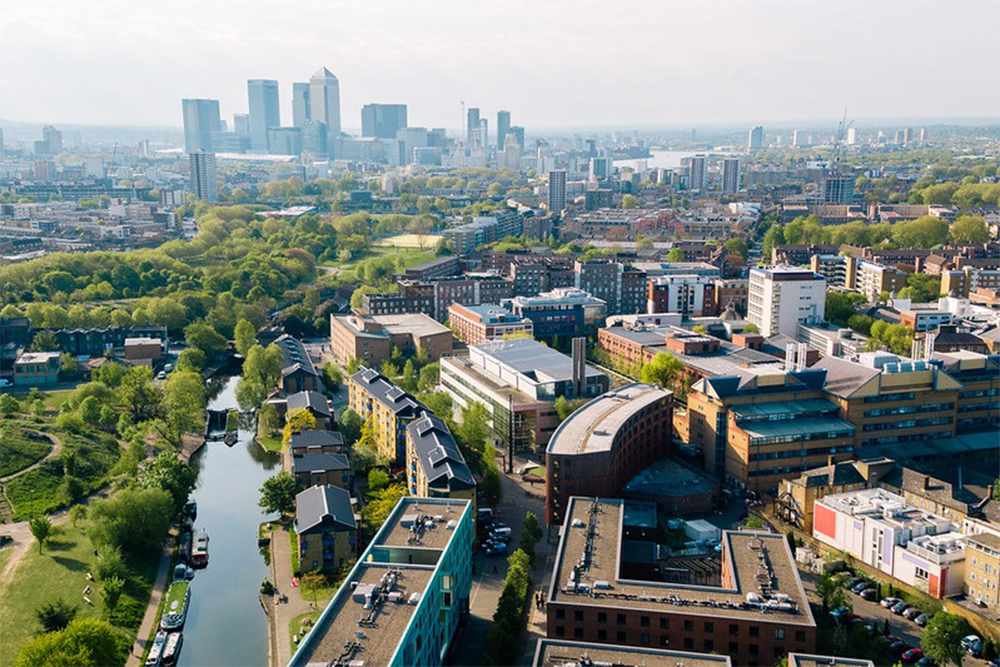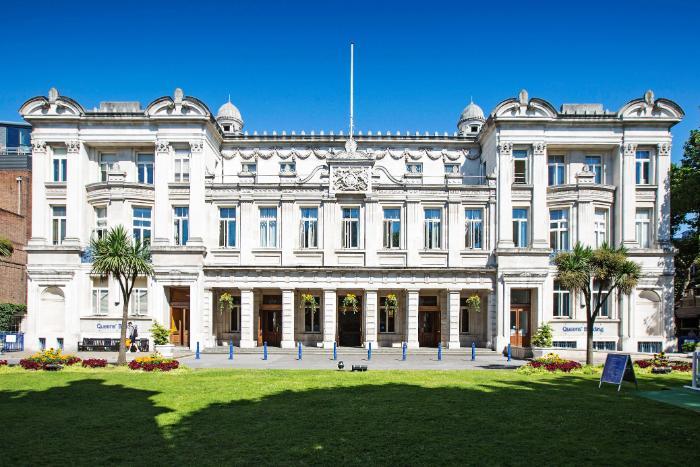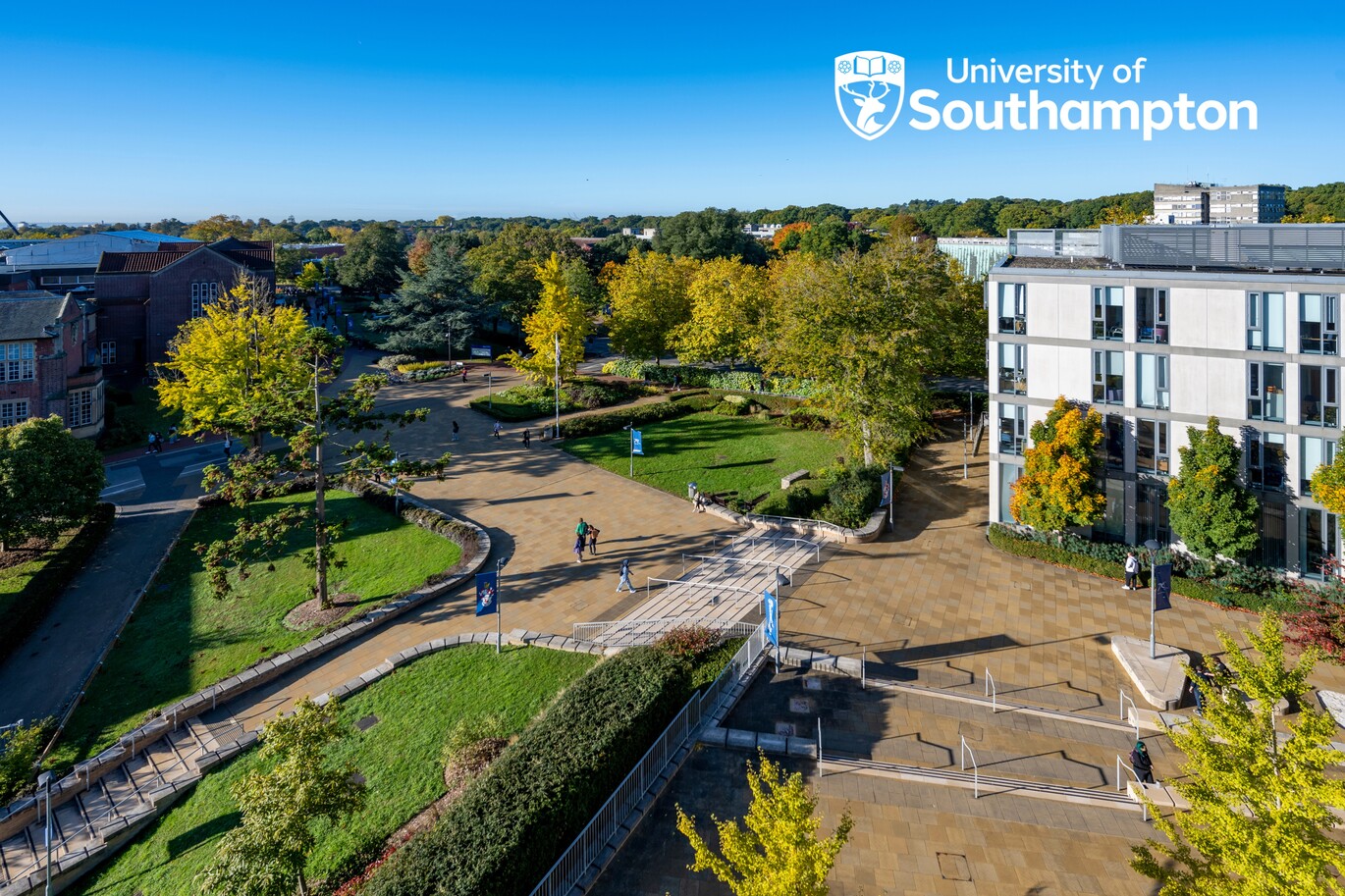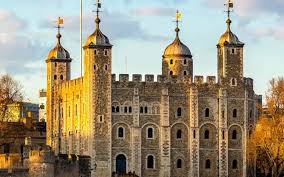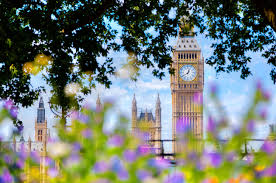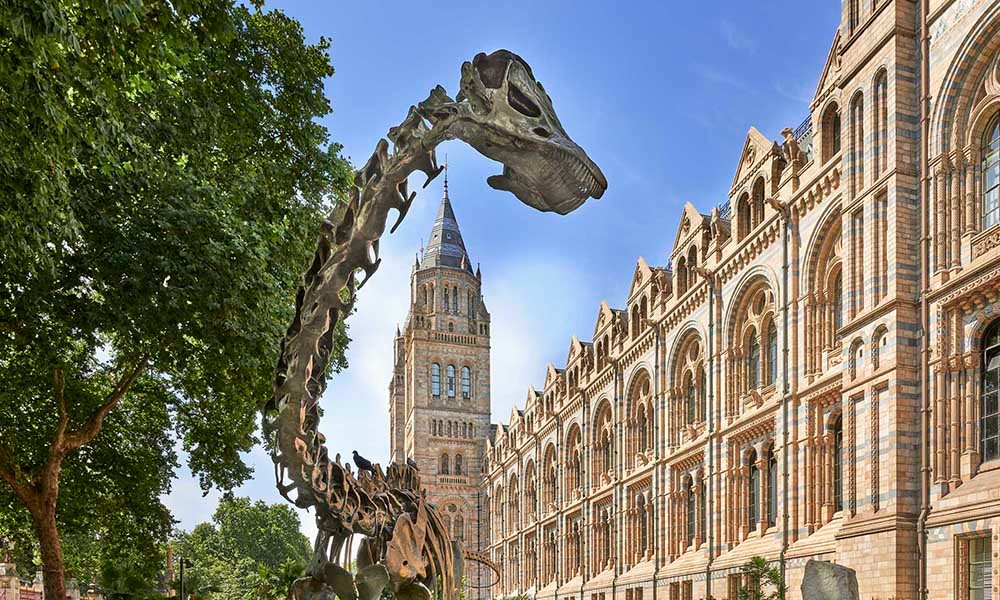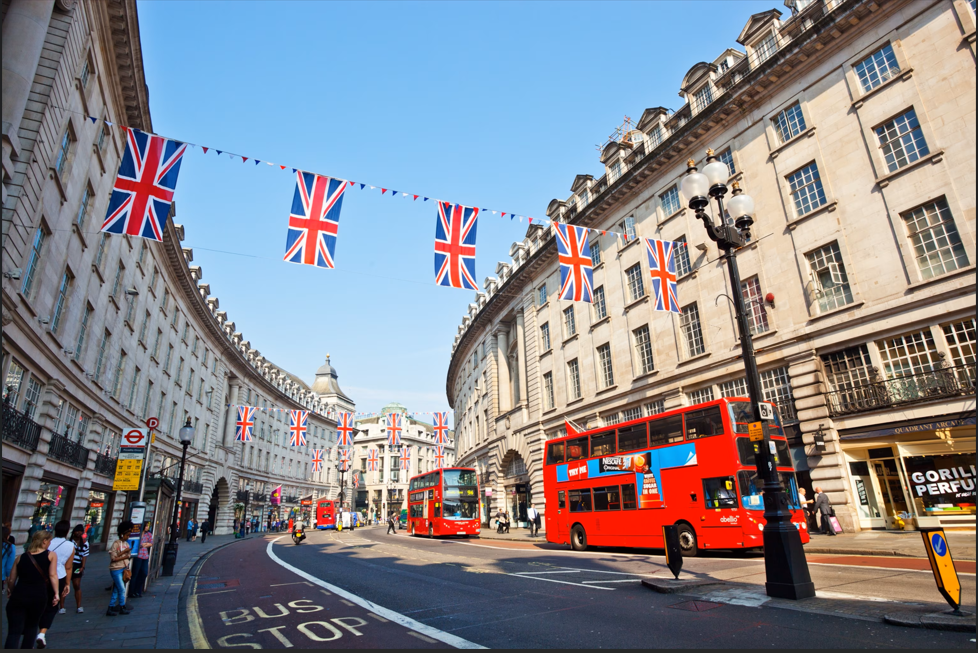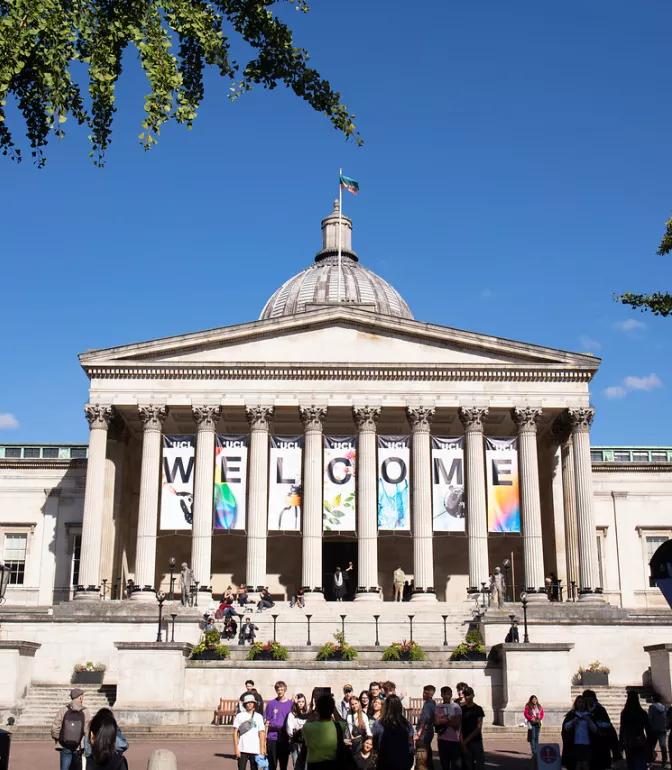aaaaaaaaaaaaaaaaaaaaaaaaa
Mid-Conference field trip to the UNESCO Jurassic Coast World Heritage SiteWednesday 16th July 2026, 7:30am - 7:30pm |
We have organised an exciting trip to the world-famous coastal towns of Lyme Regis and Charmouth, part of the UNESCO Jurassic Coast World Heritage Site. The rock formations between these two towns have provided some of the most important fossils in the world, and include seminal sites for early fossil collectors and pioneering palaeontological scientists, including Mary Anning, Rev. William Conybeare, Prof. Richard Owen and Henry De la Beche. These Lower Jurassic and Lower Cretaceous (~190–100 Ma) rocks continue to be the source of numerous spectacularly preserved fossils, exposed by constant coastal erosion. They preserve spectacular echinoderm fossils, particularly of crinoids (see image). The rich coastal waters also support numerous modern echinoderms including brittle stars, starfish and echinoids. So, there should be something for all conference delegates, particularly as there will be a fairly low tide during the fieldtrip.
There are two main organisations which provide access to the heritage of the site and we have been given access to both! The excursion will start with a visit to the Charmouth Heritage Centre (https://charmouth.org/chcc/), which will include an introduction to the coast and how to look for fossils at this locality. This will be followed by a guided walk led by experts across Stonebarrow Beach, where delegates can collect a wide range of fossils and explore the rich intertidal biota. We will then focus activities at the Philpot Museum (https://www.lymeregismuseum.co.uk/) in Lyme Regis where delegates can explore the galleries and meet local fossil collectors to examine their most recent and exciting finds. Please note that fossil collecting along the coast is freely permissible within loose beach material, but not within in-situ rock. Everyone who wants to will be able to take what they find from the beach, but if something exceptional is found it will need to be recorded as part of the Jurassic Coast Fossil Recording Scheme (The Fossil Collecting Code – Charmouth Heritage Coast Centre). This exemplar scheme maintains a record of scientifically important specimens that have been found and enables all to collect freely. You will be responsible for organising your own health and safety compliance, including travel insurance, for this trip. Risk assessments are available if required. |
*Coach transport has been booked for pick-up from UCL at 7:30am* |


